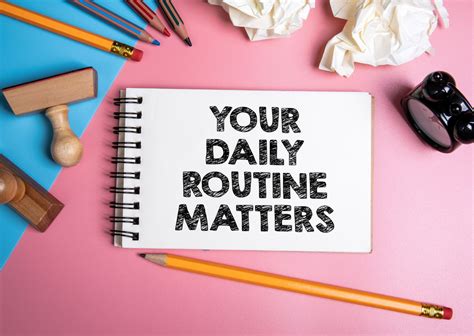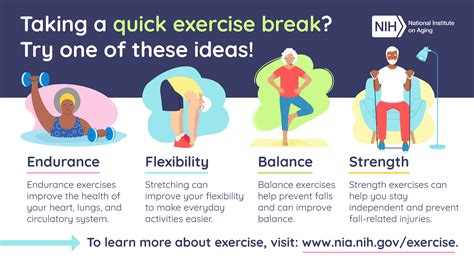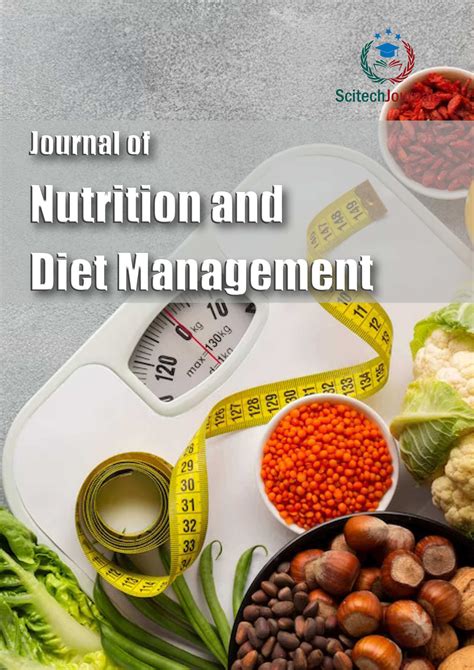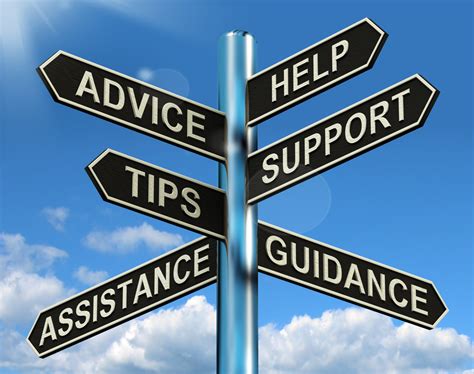Intro
Discover 5 effective ways to manage ADHD, including strategies for symptom control, focus enhancement, and stress reduction, to improve daily life and productivity with attention deficit hyperactivity disorder treatments and therapies.
The importance of managing Attention Deficit Hyperactivity Disorder (ADHD) cannot be overstated. ADHD is a neurodevelopmental disorder that affects both children and adults, causing symptoms such as inattention, hyperactivity, and impulsivity. If left unmanaged, ADHD can lead to difficulties in daily life, relationships, and overall well-being. However, with the right strategies and techniques, individuals with ADHD can learn to manage their symptoms and improve their quality of life. In this article, we will explore five ways to manage ADHD, providing valuable insights and practical tips for individuals seeking to take control of their condition.
ADHD management requires a comprehensive approach that incorporates lifestyle changes, behavioral modifications, and, in some cases, medication. By understanding the complexities of ADHD and the various management options available, individuals can develop a personalized plan that suits their unique needs and circumstances. Whether you are an individual with ADHD, a parent, or a caregiver, this article aims to provide you with the knowledge and tools necessary to navigate the challenges of ADHD and unlock a more fulfilling life.
Effective ADHD management is not just about alleviating symptoms; it's also about enhancing cognitive function, boosting self-esteem, and fostering a sense of accomplishment. By adopting healthy habits, developing organizational skills, and cultivating a supportive environment, individuals with ADHD can overcome obstacles and achieve their goals. As we delve into the five ways to manage ADHD, we will examine the scientific basis of each method, discuss real-life examples, and offer actionable advice to help you get started on your journey towards better ADHD management.
Understanding ADHD

ADHD Subtypes
ADHD is not a one-size-fits-all condition; it encompasses three distinct subtypes: Predominantly Inattentive Type (ADHD-PI), Predominantly Hyperactive-Impulsive Type (ADHD-PH), and Combined Type (ADHD-C). ADHD-PI is marked by prominent inattention symptoms, while ADHD-PH is characterized by hyperactivity and impulsivity. ADHD-C, the most common subtype, involves a combination of inattention, hyperactivity, and impulsivity symptoms. Understanding the specific subtype of ADHD is crucial for tailoring management strategies to address the unique needs and challenges of each individual.Establishing a Daily Routine

- A consistent wake-up and bedtime schedule
- Dedicated blocks of time for work or study
- Regular breaks to stretch, move around, and recharge
- Scheduled time for physical activity and exercise
- A relaxing bedtime routine to promote better sleep
By following a daily routine, individuals with ADHD can improve their time management skills, reduce stress, and enhance their overall productivity.
Time Management Strategies
Effective time management is critical for individuals with ADHD. To optimize productivity, consider the following strategies: * Break down large tasks into smaller, manageable chunks * Use a planner, calendar, or app to stay organized and on track * Set realistic goals and deadlines * Prioritize tasks based on importance and urgency * Minimize distractions by creating a conducive work environmentBy implementing these time management strategies, individuals with ADHD can better navigate their daily responsibilities and achieve a greater sense of control and accomplishment.
Exercise and Physical Activity

- Brisk walking
- Jogging or running
- Swimming
- Cycling
- Team sports or group fitness classes
In addition to its cognitive benefits, exercise can also help individuals with ADHD develop better sleep habits, improve their self-esteem, and reduce stress and anxiety.
Benefits of Exercise for ADHD
The benefits of exercise for ADHD are numerous and well-documented. Some of the key advantages include: * Improved focus and concentration * Enhanced cognitive function and memory * Reduced symptoms of hyperactivity and impulsivity * Better sleep quality and duration * Increased self-esteem and confidence * Reduced stress and anxietyBy incorporating regular exercise into their daily routine, individuals with ADHD can experience significant improvements in their overall health, well-being, and quality of life.
Mindfulness and Meditation

- Improve their attention and concentration
- Reduce stress and anxiety
- Enhance their self-regulation and self-control
- Develop greater emotional awareness and intelligence
- Improve their relationships and social interactions
To get started with mindfulness and meditation, try the following:
- Download a mindfulness or meditation app, such as Headspace or Calm
- Start with short, daily sessions (5-10 minutes)
- Focus on your breath, body, or a mantra
- Practice mindfulness in daily activities, such as eating or walking
By incorporating mindfulness and meditation into their daily routine, individuals with ADHD can cultivate a greater sense of calm, clarity, and focus.
Mindfulness Techniques for ADHD
Some effective mindfulness techniques for ADHD include: * Body scan meditation: Lie down or sit comfortably, focusing on each part of your body, from head to toe. * Loving-kindness meditation: Focus on sending kindness and compassion to yourself and others. * Walking meditation: Pay attention to your footsteps, the sensation of your feet touching the ground, and the movement of your body. * Mindful breathing: Focus on your breath, noticing the sensation of the air entering and leaving your nostrils.By practicing these mindfulness techniques, individuals with ADHD can develop greater self-awareness, improve their emotional regulation, and enhance their overall well-being.
Nutrition and Diet

A healthy diet can help alleviate ADHD symptoms, improve cognitive function, and support overall well-being.
Food and ADHD
The relationship between food and ADHD is complex and multifaceted. Some foods may exacerbate ADHD symptoms, while others may help alleviate them. Some key foods to consider include: * Omega-3 rich foods, such as salmon, walnuts, and chia seeds * Complex carbohydrates, such as whole grains, fruits, and vegetables * Lean proteins, such as chicken, turkey, and beans * Healthy fats, such as avocados, nuts, and seedsBy making informed dietary choices, individuals with ADHD can optimize their nutrition, support their brain health, and improve their overall quality of life.
Seeking Support and Community

By seeking support and community, individuals with ADHD can develop a stronger sense of resilience, build meaningful relationships, and navigate the complexities of their condition with greater ease and confidence.
Building a Support Network
Building a support network is critical for ADHD management. A support network can provide emotional support, practical help, and a sense of connection. Some ways to build a support network include: * Reaching out to friends and family members * Joining a support group or online community * Connecting with a therapist or counselor * Participating in group activities or hobbiesBy building a strong support network, individuals with ADHD can develop a greater sense of security, reduce feelings of isolation, and improve their overall well-being.
What are the most common symptoms of ADHD?
+The most common symptoms of ADHD include inattention, hyperactivity, and impulsivity. Inattention refers to difficulties with sustaining focus, following instructions, and completing tasks. Hyperactivity involves excessive restlessness, fidgeting, and an inability to engage in quiet activities. Impulsivity manifests as impulsive behaviors, interrupting others, and blurting out answers.
How can I manage my ADHD symptoms?
+Effective ADHD management involves a combination of lifestyle changes, behavioral modifications, and, in some cases, medication. This can include establishing a daily routine, exercising regularly, practicing mindfulness and meditation, eating a healthy diet, and seeking support and community.
What are some common myths about ADHD?
+Some common myths about ADHD include the idea that ADHD is a result of poor parenting, that individuals with ADHD are lazy or lack motivation, and that ADHD only affects children. In reality, ADHD is a neurodevelopmental disorder that affects both children and adults, and it is not caused by poor parenting or a lack of motivation.
How can I find support and community as an individual with ADHD?
+There are many ways to find support and community as an individual with ADHD, including joining a support group, participating in online forums or social media groups, attending workshops or conferences, and building a network of friends, family, and peers who understand and support your ADHD journey.
What are some common challenges faced by individuals with ADHD?
+Common challenges faced by individuals with ADHD include difficulties with time management, organization, and self-regulation, as well as struggles with relationships, employment, and daily life. Additionally, individuals with ADHD may experience stigma, shame, and self-doubt, which can further exacerbate their challenges.
In conclusion, managing ADHD requires a comprehensive approach that incorporates lifestyle changes, behavioral modifications, and, in some cases, medication. By understanding the complexities of ADHD, establishing a daily routine, exercising regularly, practicing mindfulness and meditation, eating a healthy diet, and seeking support and community, individuals with ADHD can develop the skills and strategies necessary to thrive. We encourage you to share your thoughts, experiences, and questions in the comments below, and to explore the many resources available for ADHD management. Together, we can work towards creating a more supportive and inclusive environment for individuals with ADHD, and help them unlock their full potential.
